
Dedicated in 1991, the National Law Enforcement Officers Memorial, shown above and below, honors federal, state, and local law enforcement officers who have died in the line of service dating back to the first known death in 1791. The memorial itself attracts thousands of visitors every year.
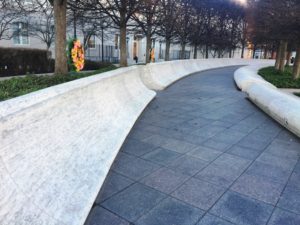
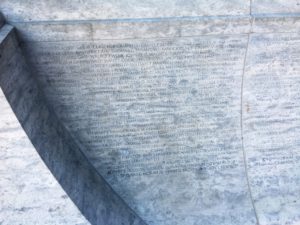
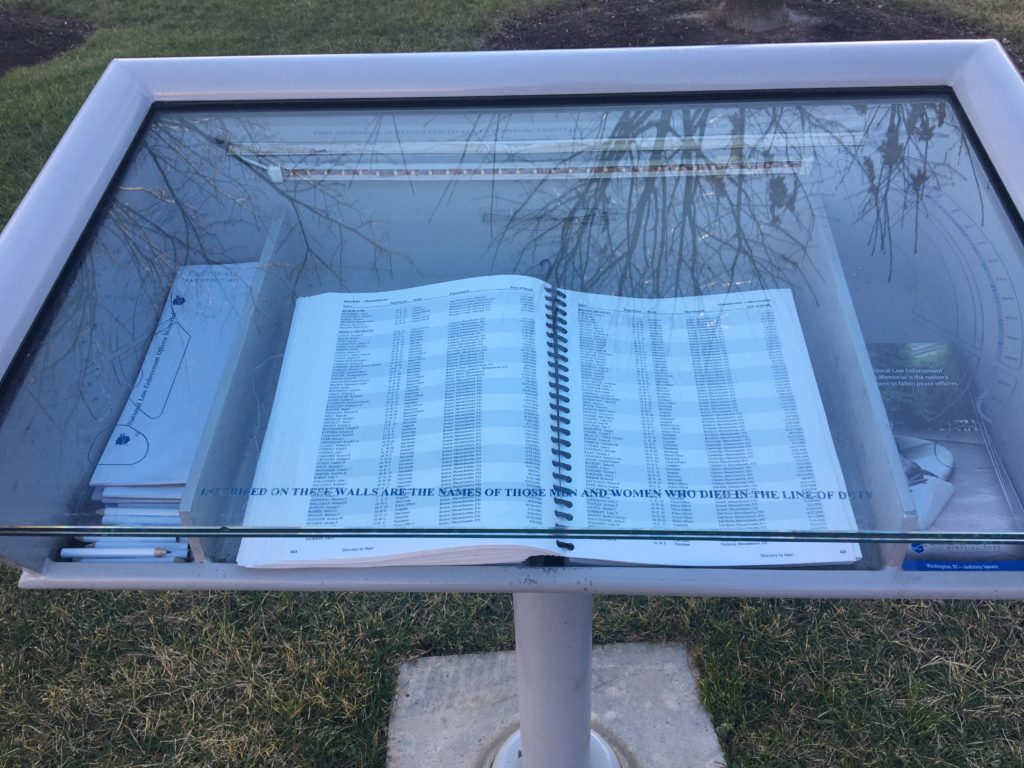
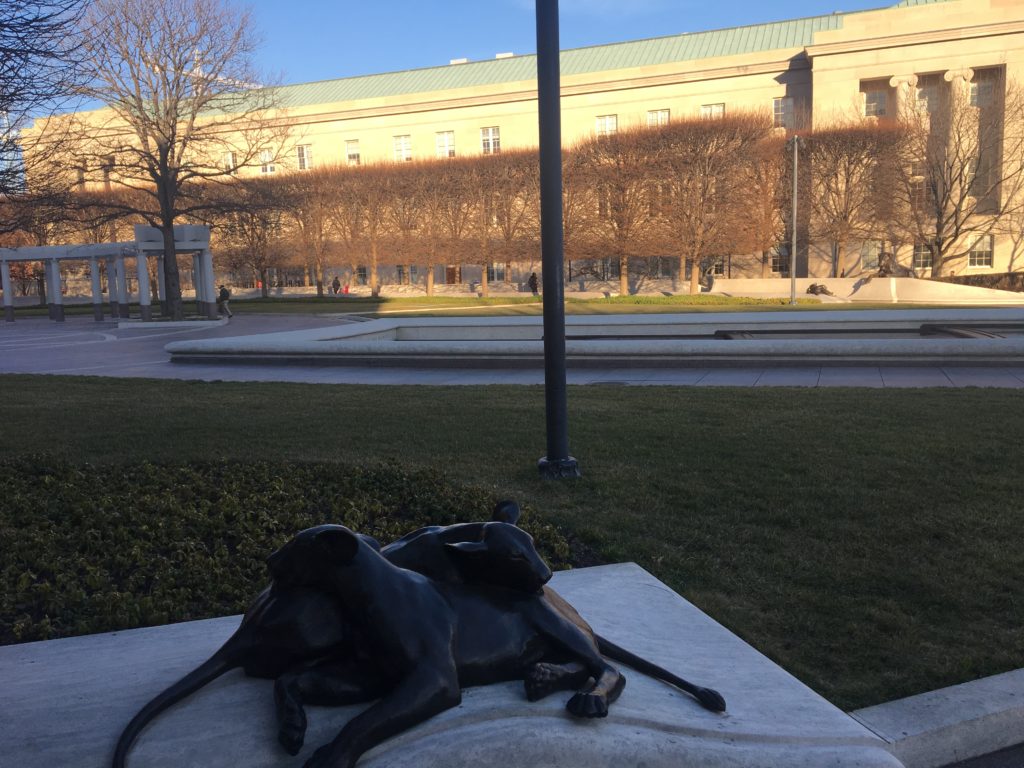
Pathway entrances feature bronze sculptures by Raymond Kaskey of an adult lion protecting its cubs; the sculptures symbolize the protective role of law enforcement officers,

Today, the purpose of the new National Law Enforcement Museum (NLEM), which is currently under construction, is to tell the story behind the names of the people on the wall—their lives, service, and what they stood for—and in so doing, to help humanize the people who wear the badge.
The NLEM has contracted with The Charleston Illumination Project (CIP) to develop programming for their new museum, which will open in our nation’s capital in the fall of 2018.
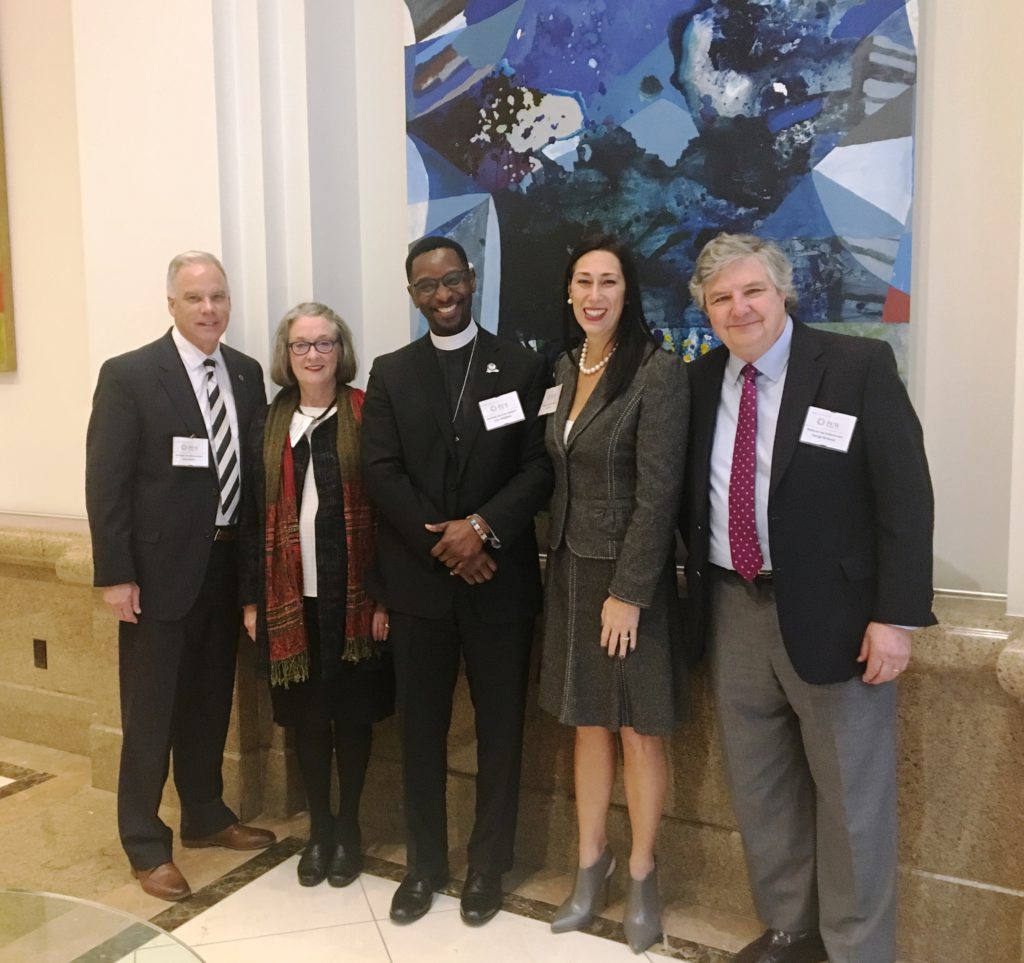
L-R Participants in programming development for the new NLEM: Greg Mullen, retired police chief, City of Charleston; Margaret Seidler, Polarity Master; The Reverend Dr. Kylon Middleton, pastor of Mt. Zion AME Church; Laura Varn, Laura Varn & Associates; and Dr. George W. McDaniel, McDaniel Consulting.
Polarity Thinking Evokes Powerful Interpretive Themes
Our first meeting took place on Monday, February 12, 2018 and was comprised of 30 people, including officers and staff from the National Law Enforcement Museum, the Charleston IlIumination Project, the City of Charleston Police Department, Mt. Zion AME Church, Laura Varn & Associates, and McDaniel Consulting, LLC. Team leaders had an opportunity to present and discuss specific methodologies and goals related to the project; it was a very well organized, informative, and productive meeting that evoked powerful themes and their potential for making deep connections through the CIP’s strategy of Polarity Thinking.
Polarities are paired concepts; when each concept is accented equally, they support one another in pursuit of a common purpose. Two of the concepts that came out of our meeting were “history” and “objects”; our next step will be to dig deeper on these themes to begin to develop meaningful and sustainable programming. I’ll describe more about our outcomes as the project moves forward, but for now here’s a good example of that strategy in action.
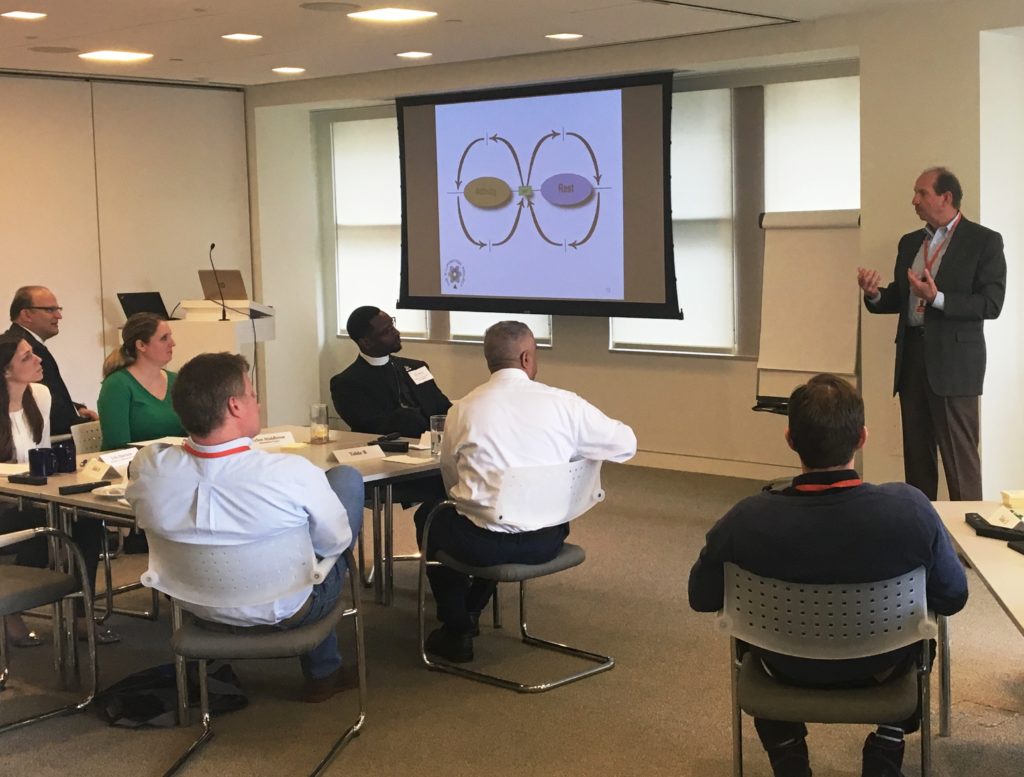
NLEM Executive Director Dave Brant discussing the role of Polarity Thinking.
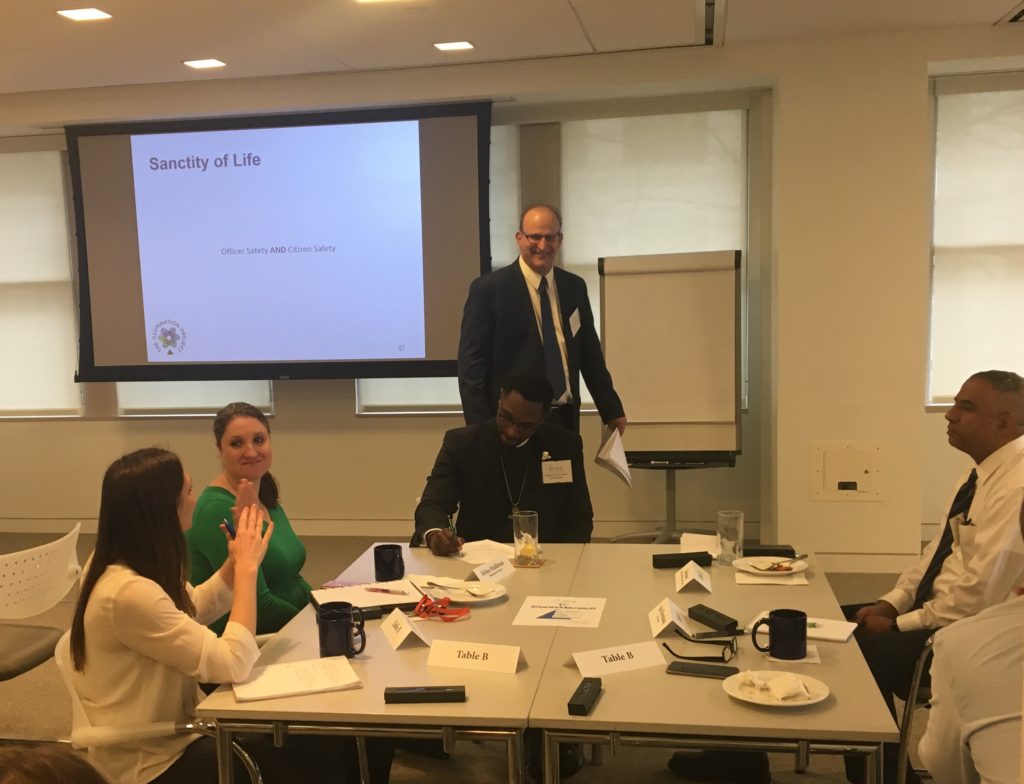
NLEM Director of Education Tim Brown leads a discussion on programming themes.
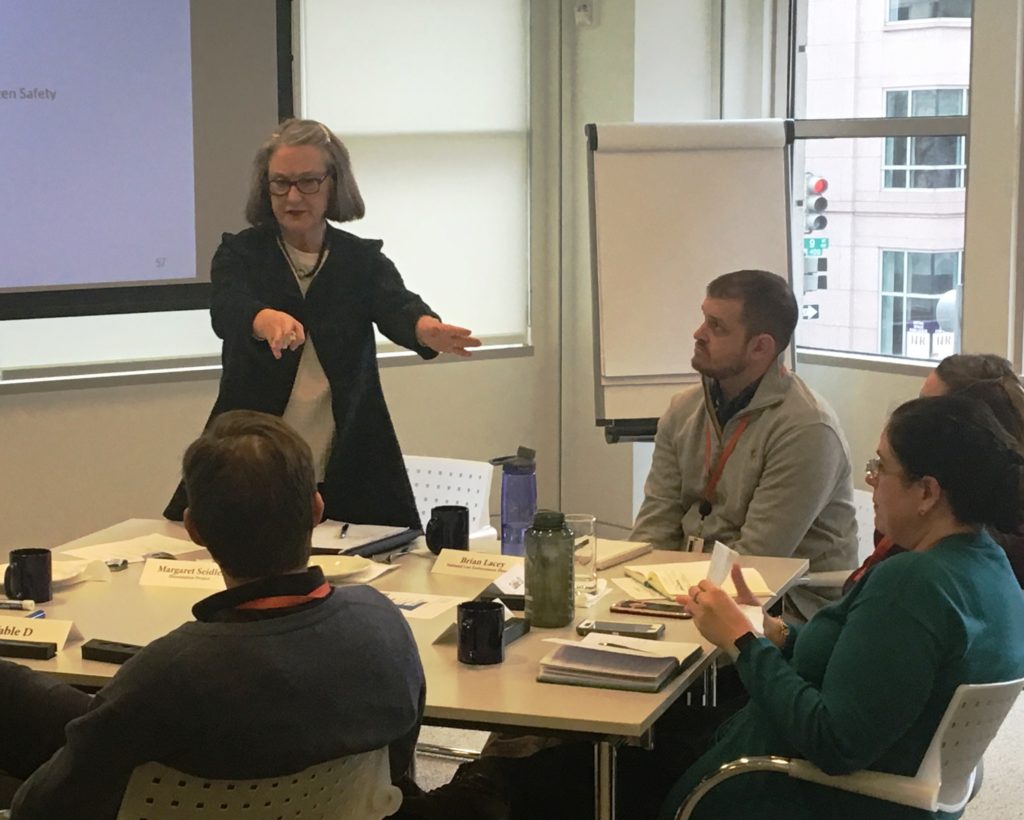
Polarity Master Margaret Seidler explains Polarity Thinking.
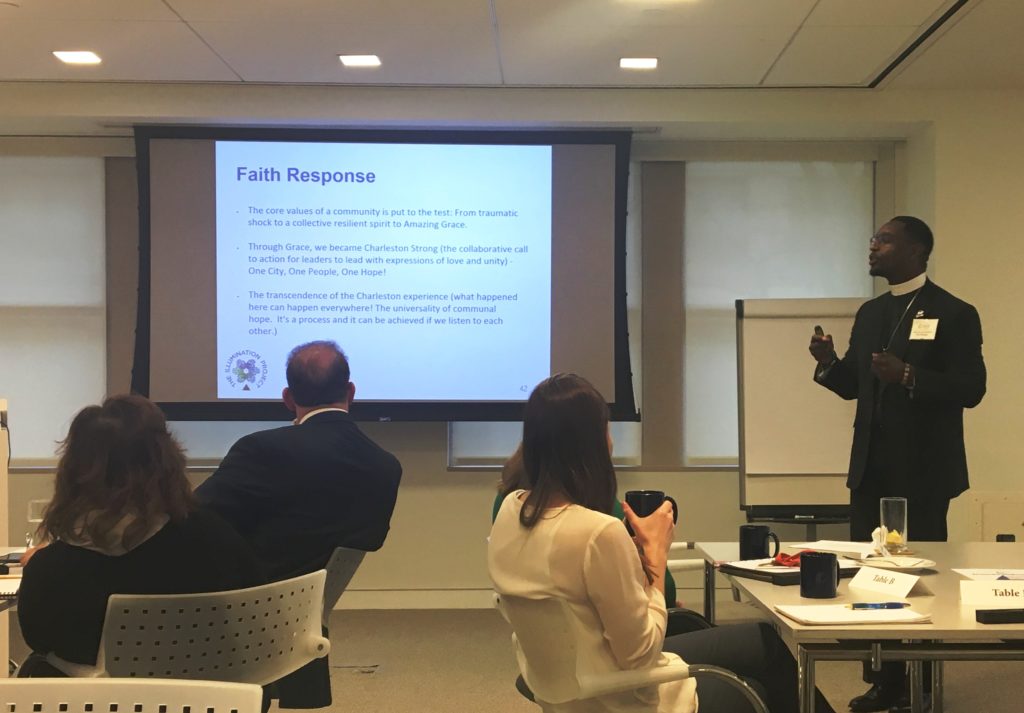
The Reverend Dr. Kylon Middleton introduces a thought-provoking segment on community and communal hope in response to tragedy.
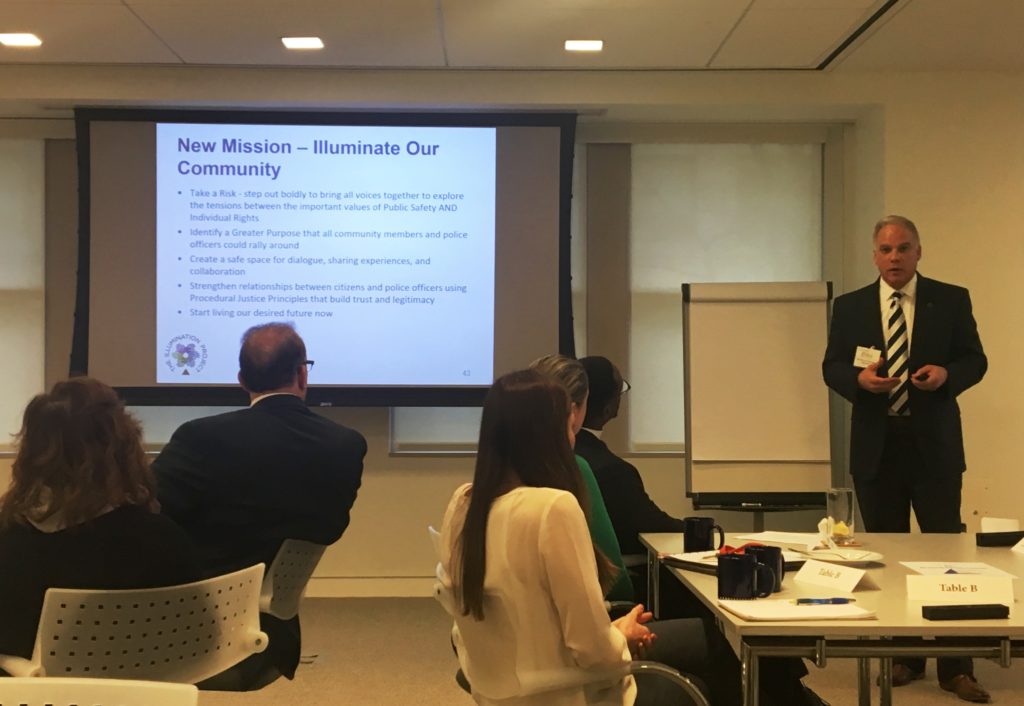
Using examples of successful solutions, City of Charleston Police Chief (retired) Greg Mullen emphasizes the importance of strengthening relationships between law enforcement and the community.
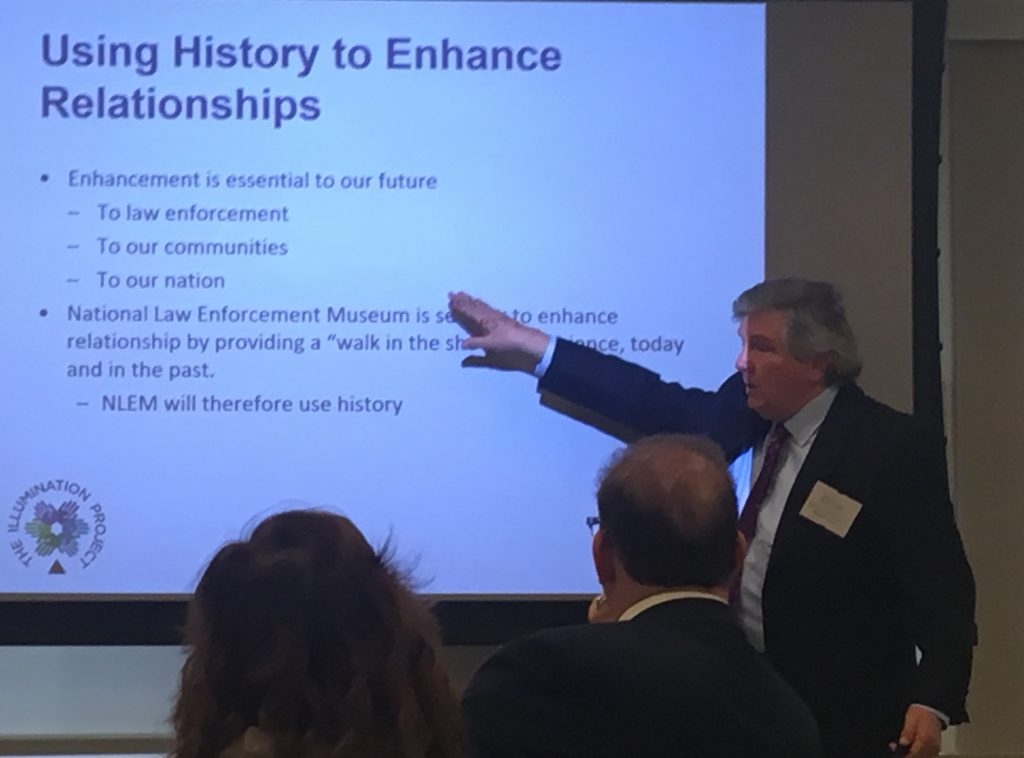
McDaniel Consulting, LLC, President George W. McDaniel discusses using history to enhance relationships among law enforcement, communities, and the nation.
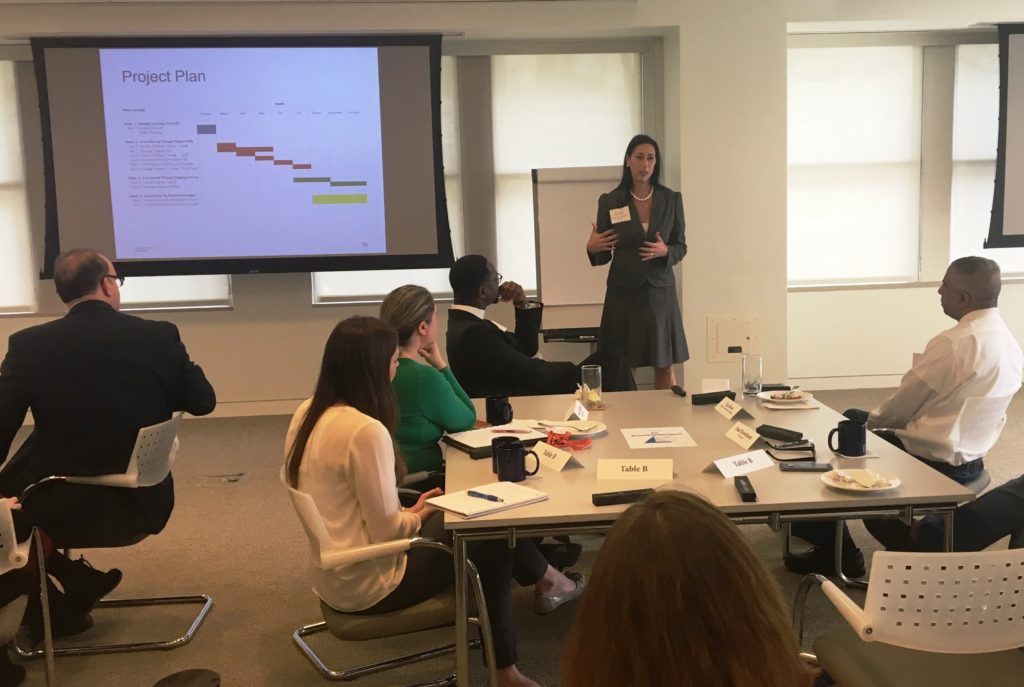
Laura Varn of Laura Varn & Associates takes the group through a timeline of the project plan..
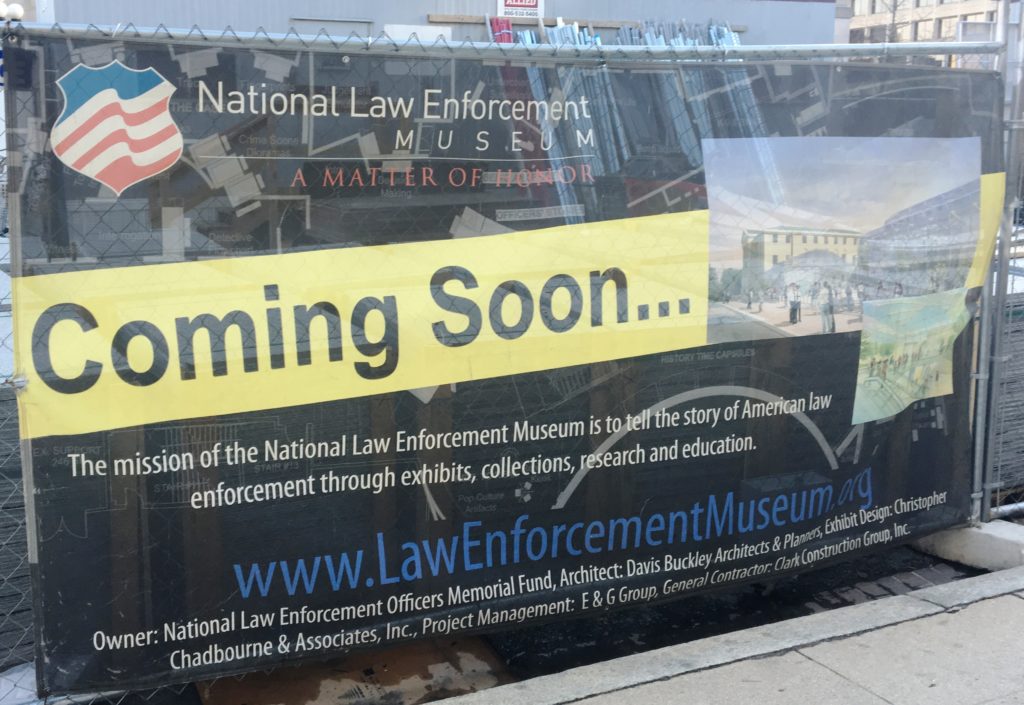
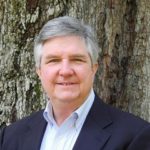 George W. McDaniel, Ph.D., is President of McDaniel Consulting, LLC, a strategy firm that helps organizations use history to build bridges within itself and to its broader constituents. The company’s tag line, “Building Bridges through History,” is grounded in McDaniel’s personal beliefs and his experience in site management, preservation, education, board development, fundraising, and community outreach. Rather than using history to divide us, he strives to help organizations use history, especially local history, to enhance cross-cultural understanding and to support local museums, preservation, and education. Dr. McDaniel recently led volunteer efforts with Emanuel AME Church and historical organizations in Charleston to use historic preservation to enhance racial reconciliation and healing.
George W. McDaniel, Ph.D., is President of McDaniel Consulting, LLC, a strategy firm that helps organizations use history to build bridges within itself and to its broader constituents. The company’s tag line, “Building Bridges through History,” is grounded in McDaniel’s personal beliefs and his experience in site management, preservation, education, board development, fundraising, and community outreach. Rather than using history to divide us, he strives to help organizations use history, especially local history, to enhance cross-cultural understanding and to support local museums, preservation, and education. Dr. McDaniel recently led volunteer efforts with Emanuel AME Church and historical organizations in Charleston to use historic preservation to enhance racial reconciliation and healing.
McDaniel is also the Executive Director Emeritus of Drayton Hall, a historic site in Charleston, SC, owned by the National Trust for Historic Preservation. He retired from Drayton Hall in 2015 after 25 years of distinguished service.
Header Image: National Law Enforcement Officers Memorial, Washington D.C.
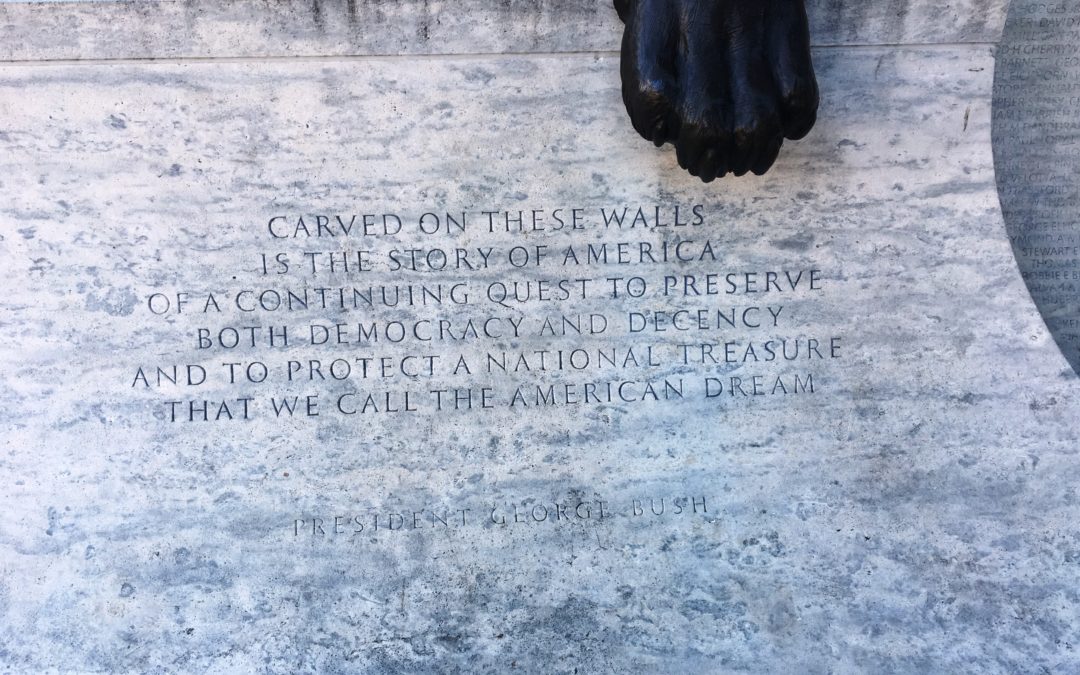
 McDaniel Consulting LLC is a strategy firm that helps organizations use history to build bridges within itself and its broader constituents.
McDaniel Consulting LLC is a strategy firm that helps organizations use history to build bridges within itself and its broader constituents.